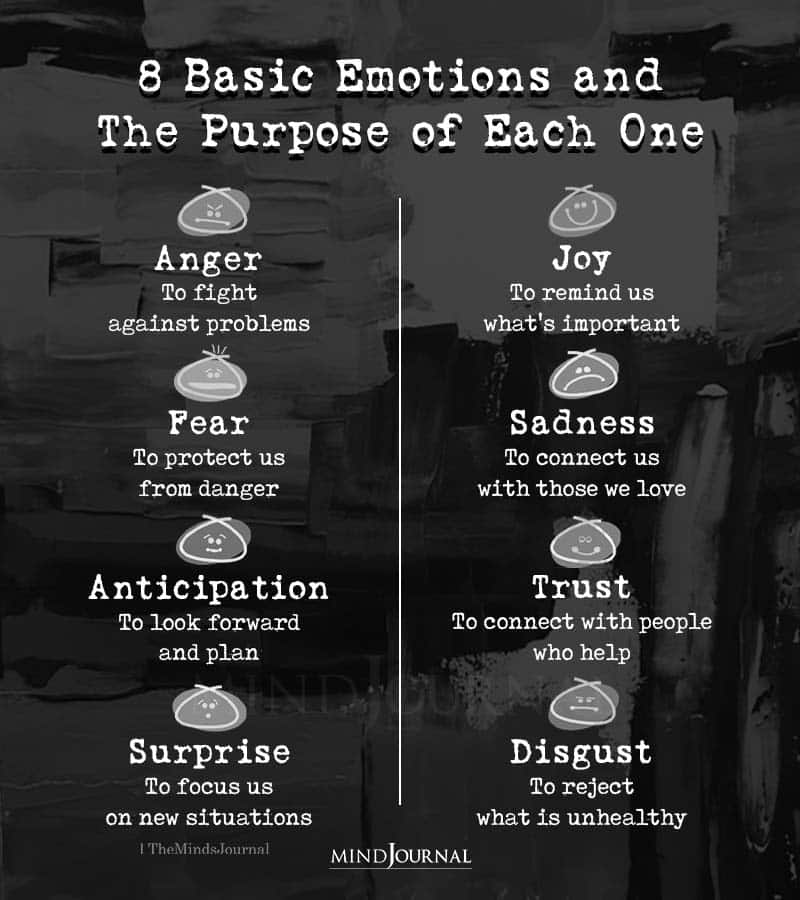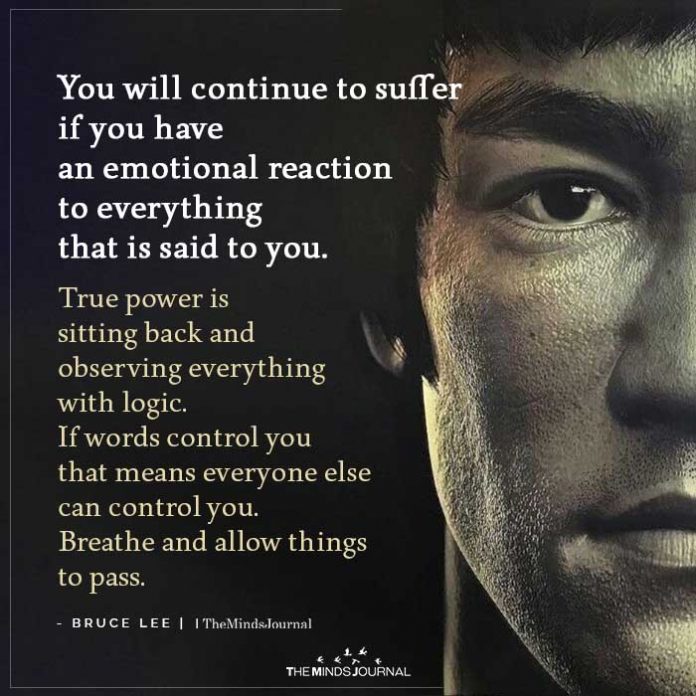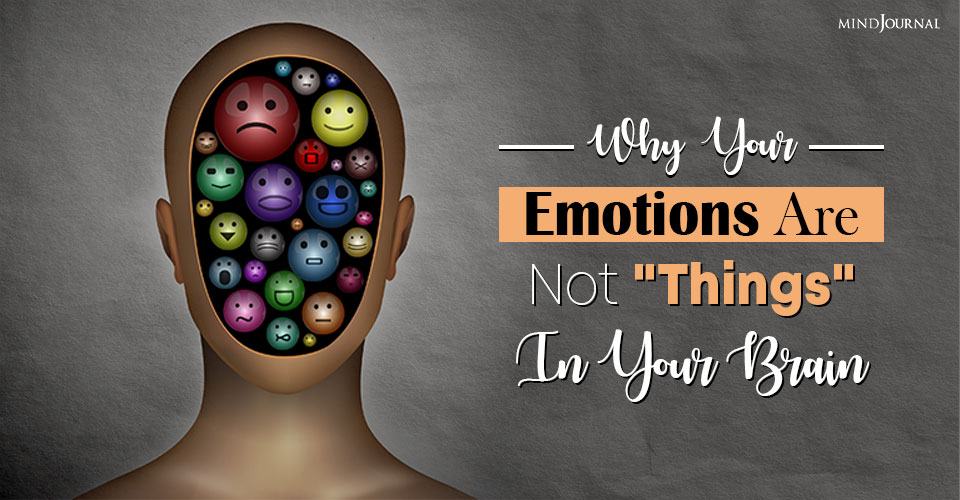A “common sense” theory of emotion views emotional reactions in interpersonal situations as a physiological reaction “caused” by something another person did. When you react emotionally, recognize your personal take on the situation. Here’s a new way to look at emotions.
This idea is captured in a statement such as: “You made me so angry when you stood me up!” Such emotionally tinged experiences are described as “normal.” What follows is usually some action (yelling, not speaking to the person, retaliating in some way) that is justified by the “normal” reaction of being angry at being stood up.
This “common sense” theory of emotion assumes that each emotion has a distinct physical state with a corresponding distinct brain state: For example, there is a set of “anger neurons” that are triggered when your co-worker, friend, or spouse does something that annoys you.
A New View
Research carried out by Lisa Feldman Barrett and her colleagues at Northeastern University offers us a new way to look at emotions.[1,2,3] According to the new approach, emotions (even the basic ones like fear, anger, sadness, happiness, and disgust) are not distinct entities inside us. Feldman Barrett’s research found that no brain region is dedicated to any single emotion. Further, every supposed emotional brain region is also activated during non-emotional thoughts and perceptions.

Feldman Barrett challenges the idea that there are unique biological “fingerprints” of each psychologically identifiable emotion that can be identified from your facial muscle movements, your body changes, and your brain’s electrical signals.
It Depends
Emotions like anger, happiness, and fear refer to diverse physical states that vary depending upon the context in which they occur. For Feldman Barrett: “When you’re angry with your co-worker, sometimes your heart rate will increase, other times it will decrease, and still other times it will stay the same. You might scowl, or you might smile as you plot your revenge. You might shout or be silent. Variation is the norm.”
How can we understand our emotional reactions? How can we understand what context means when it comes to our emotions? How do we assess the context in which our emotions occur so that we can better understand and manage them?
There are two ways to think about context:
(1) our own history, the historical context; and
(2) the current situation, the situational context.
Also read How to Be Helpful When Someone Is Emotional: 9 Tips
You Have A History
You will want to understand your emotional reactions in terms of your own unique history. The way we react emotionally evolves in the context of our relationships with our early caregivers and how they respond to us.[4] Every child needs sustenance, comfort, and reassurance, and to experience cognitive mastery.
Early fear and anxiety are related to the growing awareness that we have little control over if and how others provide the things we need to survive and flourish. Anger likely develops because others do not respond well to our need for help, love, reassurance, or mastery of our world.
Anger at the unwillingness or inability of our caregivers to provide for us also challenges our young sense of omnipotence, the fundamental wish or belief that we are entitled to have all our wants be fulfilled on demand. Of course, all emotions begin in rudimentary, ill-defined form and become more refined over time with maturation and the changing nature of our relationships with others.
Also read 13 Practical Ways To Cope With Emotional Abuse
History And Context Merge
The common phrase “taking something personally” means that your own personal history is being played out in the current interpersonal situation. Here are a few examples of taking something personally:
- “I am angry because you are not doing your fair share of the work.”
- “I can’t believe you are ignoring me like that.”
- “My opinion doesn’t count; You treat me like a second-class citizen in this relationship.”
- “You spend so much money on things that are not important; you’re so selfish.”
- “You always want to have sex… you’re a sex addict.”
In each of these statements, the items in italics are you portraying or characterizing another person’s action. This is your experience of the situation—without talking to the other person about how he or she sees it.
Others rarely, if ever, experience their own actions in the same way that you characterize them. The sense of “unfairness” in the example above is your personal experience of the situation. The feeling of being “ignored,” for instance, is significant for you on a personal level. This is your history of “being abandoned” playing out in the current interaction.
What To Do When You React Emotionally
When you are “reacting” emotionally, give yourself time to reflect—to defuse your reaction. Acknowledge the personal part of the reaction. Take whatever time you need to do this.
Once you defuse, you can assess how the situation is a problem for you. In the work situation, you may accuse your co-worker of not doing his or her fair share. While he or she is not doing all the work assigned, is not completing work assigned, or is doing other than assigned work, he or she will not see this as being unfair to you or others.

The feeling of being ignored when someone does not pay attention in the way you would like is significant for you on a personal level—perhaps relating to early experiences of being abandoned. The person not paying attention to you does not see what they are doing as ignoring you.
You must learn to describe the actions that are the problem, such as not doing all the work assigned in the situation above. Such descriptions of problems open that way for negotiation. It may not always work out; negotiation may not be possible because the other person reacts, does not want to negotiate work tasks, or is not accessible. You may have to go some other route, such as speaking to a manager, going to human resources, or deciding to move on.
Not resolving an issue after you have done all the personal work required, described the problems to be addressed, and approached the situation effectively is not a happy outcome. However, you have done your part, which makes a less than satisfactory outcome survivable. Kudos to you.
Also read 10 Types Of Physical Pain Indicating Emotional Problems
Takeaways From This Post
- Emotions are not “things” in your brain; there is no such thing as “anger neurons.”
- What you feel depends on your own history with others and the current situation.
- Recognize your personal take on the situation.
- Learn to describe, not characterize.
- Once you can describe the situation, you can define the problem.
- Make your best effort to resolve the problem.
References 1. Barrett, L. F. “What Emotions Are (And Aren’t)”. New York Times, Sunday, January 17, 2016. 2, Barrett, L. (2006). Are Emotions Natural Kinds? Perspectives in Psychological Science. Vol.1(1) 28-58 3. Barrett, L. (2006). Solving the Emotion Paradox: Categorization and the Experience of Emotion. Personality and Social Psychology Review. Vol 10 (1) 20-46. 4. Nussbaum, M. (2003). Upheavals of Thought. Cambridge: Cambridge University Press.
Written by: Catherine Aponte, Psy.D Originally appeared on: Psychology Today Republished with permission










Leave a Reply